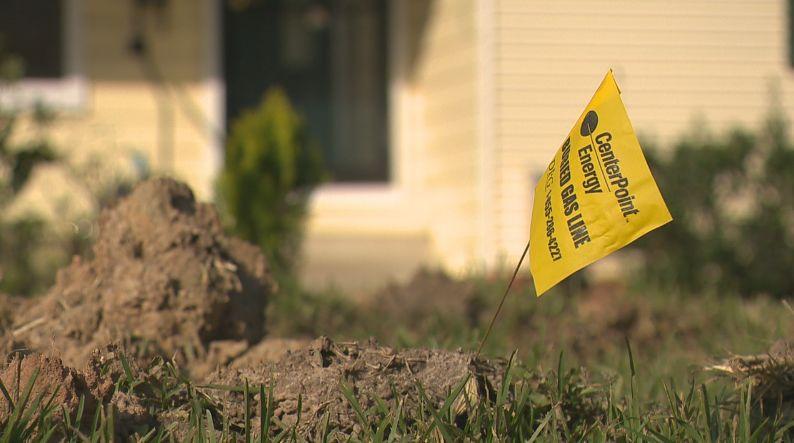
In 2023, the Minnesota Public Utilities Commission established a resource planning, or Integrated Resource Planning (IRP), requirement for Minnesota’s three largest gas utilities: Xcel Energy, CenterPoint Energy, and Minnesota Energy Resources Corporation (MERC). This process is new to Minnesota and was created after the 2021 gas price spike from Winter Storm Uri to ensure these gas utilities take a comprehensive approach to planning. Since 2023, the process behind gas planning has been underway at the Commission and key stakeholders, like Fresh Energy, and utilities have engaged in the process along the way.
Ultimately, the gas planning process requires gas utilities to file public resource plans at the Commission that evaluate cost and reliability while also scrutinizing the investments being made in the utility’s gas distribution system. Utilities will be required to provide a range load forecasts of future customer demand and propose a mix of energy resources to meet that demand that best protects ratepayer and public interests while advancing state climate goals. On September 12, 2024, the final elements of the framework were approved by the Commission.
Fresh Energy applauds the Commission for moving this important work forward and we look forward to gas planning getting underway for utilities. The clean energy organizations (CEOs), consisting of Fresh Energy, Minnesota Center for Environmental Advocacy (MCEA), and Sierra Club, proactively engaged parties in the proceeding to compile a list of joint decision options for the Commission to consider leading into the September 12 hearing. This was a complex docket with over 100 decision options, and the CEOs led a collaborative effort to align intervenors on a core list of decision options. We commend the Commission for largely approving the recommended joint decision options proposed by the CEOs and other parties, which will help ensure that utilities’ gas IRPs result in meaningful, equitable carbon-reduction.
In their IRPs, utilities will conduct analyses of alternatives to planned gas system expansion projects. Fresh Energy and the CEOs recommended and the Commission approved that these analyses will include: (1) non-pipeline alternatives and/or non-natural-gas alternatives (like electrification, networked geothermal systems, and energy efficiency); (2) costs and benefits of those alternatives including the costs of direct investment, variable costs, and the social costs of carbon and methane for emissions due to or avoided by the alternative; (3) air quality impacts; (4) a thorough and transparent explanation of the criteria used to rank or eliminate such alternatives; and (5) an explanation of how equity was considered. Utilities will also be required to prioritize capacity expansion projects located in under-resourced communities.
Greenhouse gas emissions from the natural gas system will also be thoroughly accounted for in the plans. Each gas utility will include a narrative description of how its preferred plan will support and serve Minnesota’s greenhouse gas emission reduction goals. The utilities will also account for environmental externality costs of resource options in gas IRPs, as well as provide information regarding upstream emissions and methane emissions from natural gas distribution system operations.
Additionally, gas utilities will include in their IRPs a discussion of how equity was considered in the planning process, as well as a narrative description of their outreach and engagement activities and a summary of stakeholder feedback.
Next, utilities will start working on their initial gas IRPs. Xcel will be the first to file its plan by July 2026, followed by CenterPoint by July 2027 and MERC by July 2028. Fresh Energy looks forward to continuing to engage with utilities, other stakeholders, and the Commission as plans are developed and filed.
